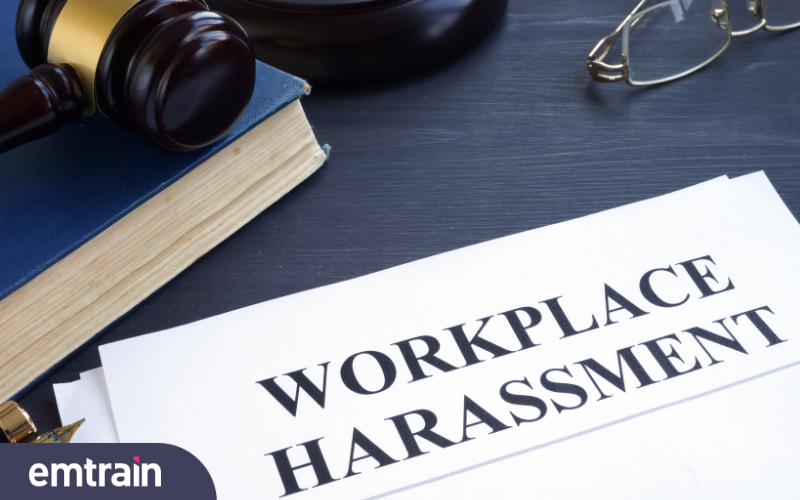Increasingly, all regions around the globe are converging on a basic workplace requirement to take steps to prevent employee harassment based on personal characteristics legally protected in that region. Sexual harassment prevention policies (and associated training) are either highly recommended and/or mandated in most countries to guarantee a basic right to be free from bias and harassment based on specific personal characteristics. Sexual harassment prevention training reduces enterprise risk, supports a positive corporate brand, and helps foster a healthy workplace culture.
In most countries, the law requires employers to take significant measures to prevent harassment. However, it isn’t easy to prove that measures are fulfilled without an actual policy and related harassment training to illustrate how the policies apply to workplace interactions.
Where policies are required by applicable law, they usually must be customized, although in practice, companies also roll out “general” global harassment policies to at least make some good faith efforts of compliance and set global company expectations.
Here’s a quick, high level summary of different policies and harassment training requirements in regions around the globe.
Canada and Latin America
- Canada: Most provinces require anti-harassment policies. Details vary by province and headcount. Quebec and Ontario also require training to prevent harassment, bullying and workplace violence.
- Brazil: No mandatory anti-harassment policies, but check applicable collective bargaining agreements and, in any case, policies and training are generally recommended.
- Chile: If headcount 10+, mandatory internal regulations must contain a sexual harassment policy.
- Colombia: Anti-harassment policies are required, and companies have to establish an anti-harassment committee.
Europe, the Middle East, and Africa
- Belgium: Mandatory work regulations must contain policies on anti-harassment, anti-bullying, and sexual harassment.
- France: If headcount is more than 50, mandatory internal regulations must include anti-bullying and sexual harassment policies.
- Israel: Mandatory anti-sexual harassment policy.
- Netherlands: Anti-harassment, anti-bullying, and sexual harassment policies required in health and safety policy, which is mandatory if headcount is more than 50 employees.
- Norway: Mandatory anti-sexual harassment policy.
- Poland: If headcount is more than 50 employees, mandatory internal regulations must contain anti-bullying and sexual harassment policies.
- Saudi Arabia: The new anti-harassment regulations that came into effect in 2020 impose stringent new penalties for sexual harassment and require policies, procedures and training.
- South Africa: Mandatory anti-harassment policy.
- Sweden: Mandatory policies and internal processes for preventing harassment, sexual harassment, and reprisals.
- United Kingdom: No mandatory harassment training or policies, but considered standard and best practice.
Asia-Pacific
- Australia: Mandatory to provide training on health and safety risks, including harassment. Policies are highly recommended.
- India: Under the extensive Sexual Harassment of Women at Workplace (Prevention, Prohibition and Redressal) Act, 2013 (referred to as POSH), it is mandatory for all workplaces having ten or more employees to frame an anti-harassment policy and constitute an Internal Complaints Committee.
- Japan: Mandatory anti-sexual harassment policy as part of the company’s work rules (required if 10+ employees).
- Philippines: Mandatory anti-sexual harassment policy.
- South Korea: Mandatory to provide training to prevent harassment. Since 2018, company work rules (required if 10+ employees) need to contain harassment provisions.
- Taiwan: If headcount is 30+ employees, mandatory internal regulations must contain sexual harassment policy.
- Vietnam: If headcount is 10+ employees, mandatory internal regulations must contain sexual harassment policy.
To learn more about preventing workplace harassment training and policies, check out Emtrain’s International Workplace Harassment Training course.










